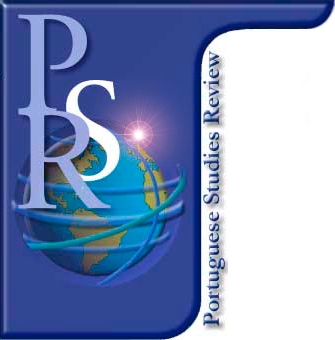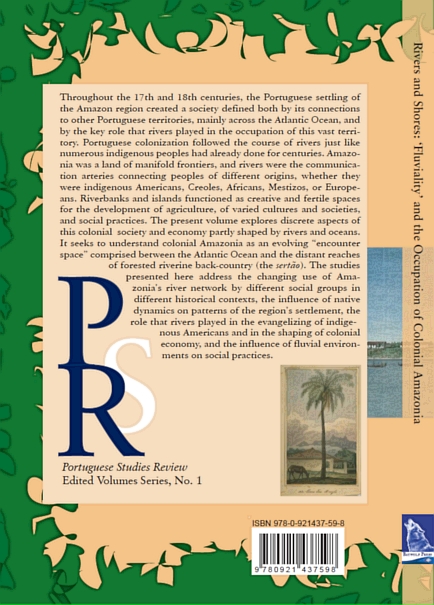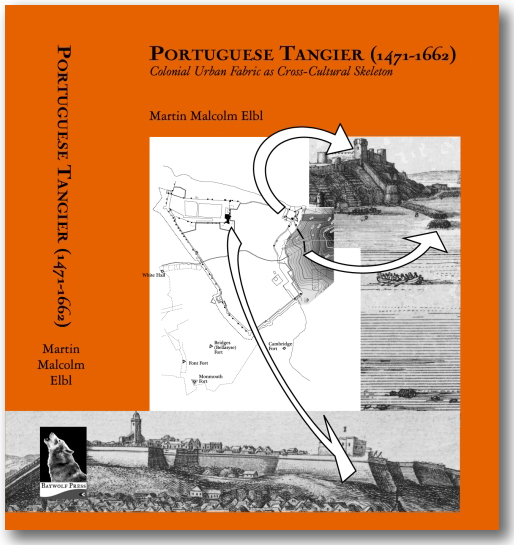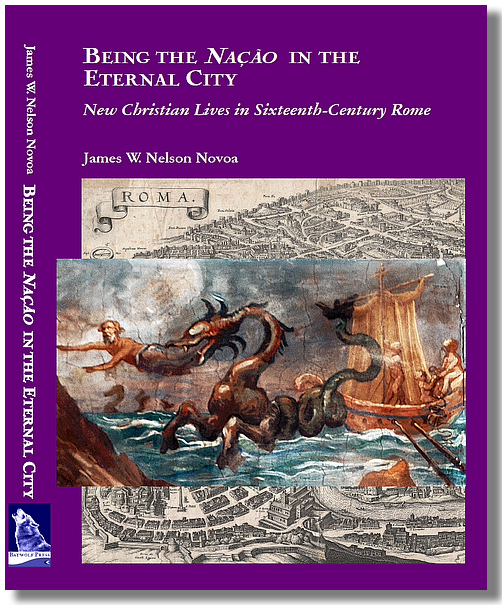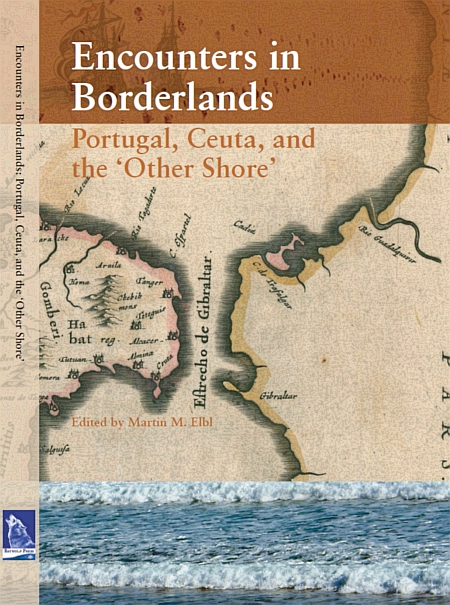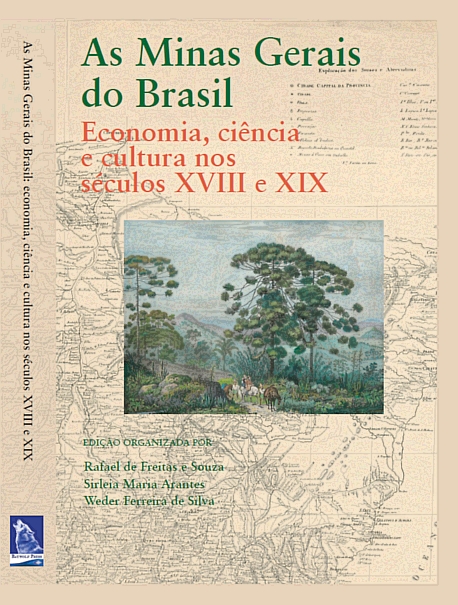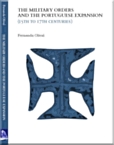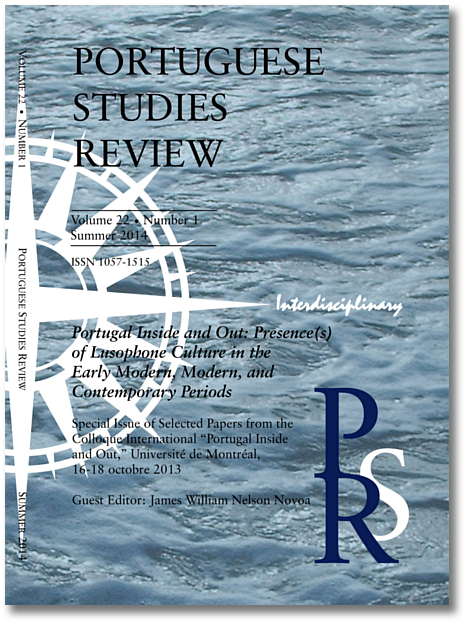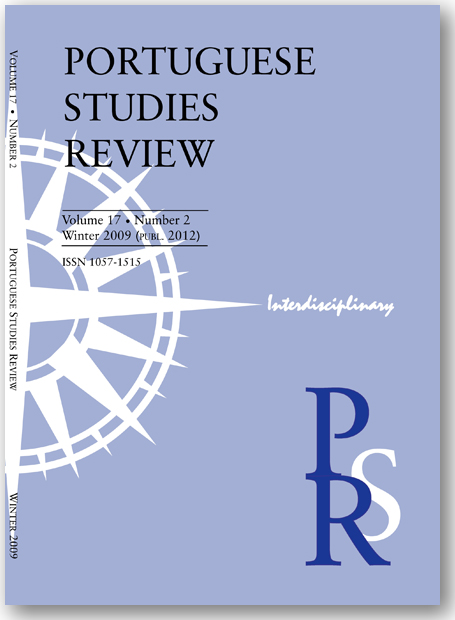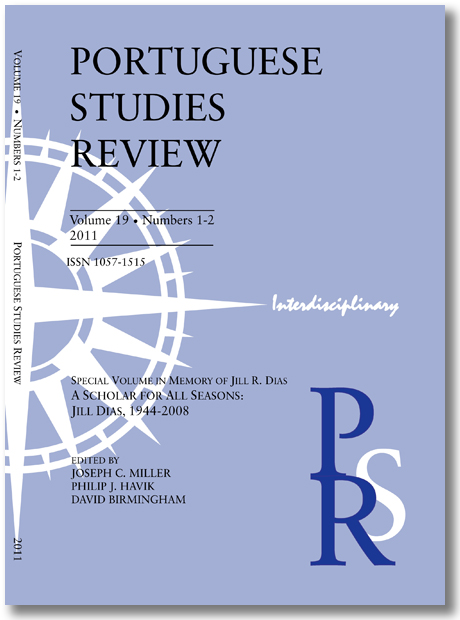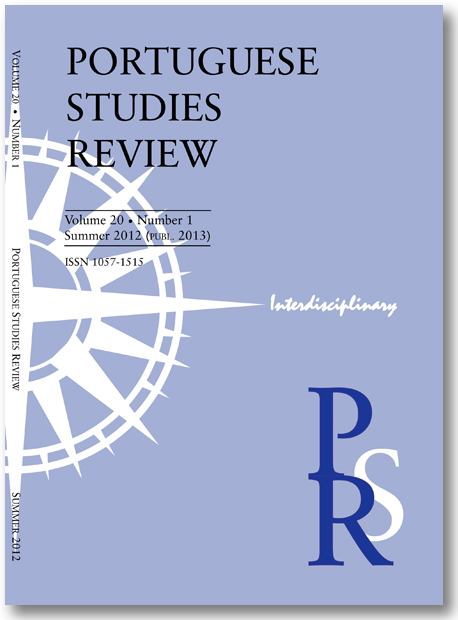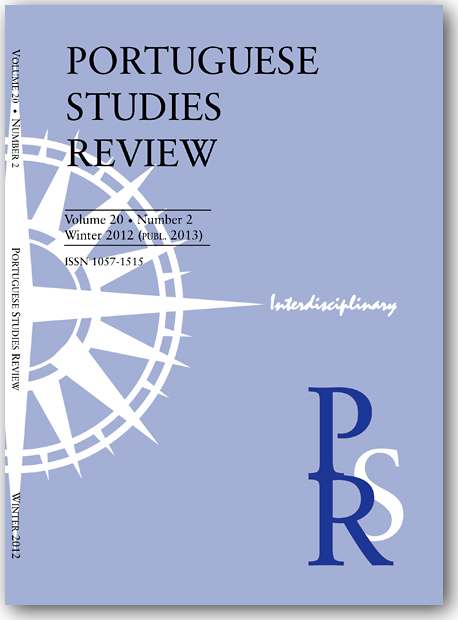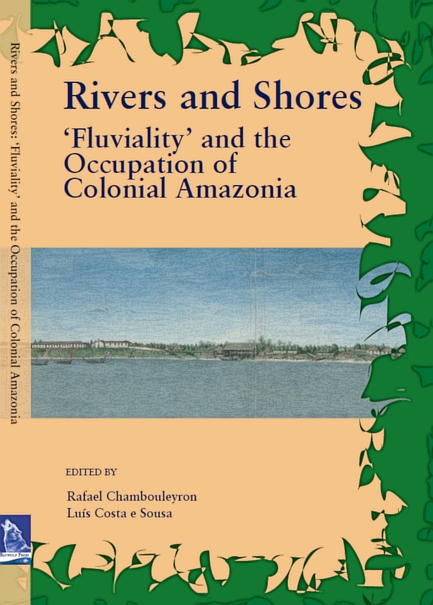
OCLC Subject Tags:
1. Brazil--History; 2. Brazil--Military History; 3. Amazonia (Brazil)--History; 4. Amazonia (Brazil)--Population--History--18th century; 5. Amazonia (Brazil)--Population--History--19th century; 6. Slavery--Economic aspects--Brazil--Amazonia--History; 7. Indians of South America--Brazil--Amazonia; 8. Freedmen--Brazil--Amazonia--Social conditions; 9. Missions--Brazil--Amazonia; 10. Catholic Church--Missions--Brazil; 11. Land settlement--Brazil--Amazonia--History;
Identifier: ISBN: 9780921437598 ; ISBN: 978-0-921437-59-8 (pbk.)
Library Call Number: to be assigned. Available late Dec. 2019.

|
Throughout the 17th and 18th centuries, the Portuguese settling of the Amazon region created a society defined both by its connections to other Portuguese territories, mainly across the Atlantic Ocean, and by the key role that rivers played in the occupation of this vast territory. Portuguese colonization followed the course of rivers just like numerous indigenous peoples had already done for centuries. Amazonia was a land of manifold frontiers, and rivers were the communication arteries connecting peoples of different origins, whether they were indigenous Americans, Creoles, Africans, Mestizos, or Europeans. Riverbanks and islands functioned as creative and fertile spaces for the development of agriculture, of varied cultures and societies, and social practices. The present volume explores discrete aspects of this colonial society and economy partly shaped by rivers and oceans. It seeks to understand colonial Amazonia as an evolving “encounter space” comprised between the Atlantic Ocean and the distant reaches of forested riverine back-country (the sertão). The studies presented here address the changing use of Amazonia’s river network by different social groups in different historical contexts, the influence of native dynamics on patterns of the region’s settlement, the role that rivers played in the evangelizing of indigenous Americans and in the shaping of colonial economy, and the influence of fluvial environments on social practices.
 |
Au cours des XVIIe et XVIIIe siècles, la colonisation portugaise de la région amazonienne créa une société définie à la fois par ses liens avec d'autres territoires portugais, principalement de l'autre côté de l'océan Atlantique, et par le rôle clé que les rivières ont joué dans l'occupation de ce vaste territoire. La colonisation portugaise suivit le cours des rivières, tout comme de nombreux peuples autochtones l'avaient déjà fait pendant des siècles. L'Amazonie était une terre de frontières multiples, et les fleuves étaient les artères de communication reliant des peuples d'origines différentes, qu'ils soient indigènes américains, créoles, africains, métis ou européens. Les rives et les îles ont fonctionné comme des espaces fertiles pour le développement de l'agriculture, de cultures et sociétés variées, et de pratiques sociales. Le présent volume explore des aspects spécifiques de cette société coloniale et de son économie, façonnées en partie par les fleuves et les océans. Nous cherchons à comprendre l'Amazonie coloniale comme un «espace de rencontre» en évolution, compris entre l'océan Atlantique et les confins lointains de l'arrière-pays fluvial forestier (le sertão). Les études présentées ici examinent l'utilisation du réseau fluvial par différents groupes sociaux dans différents contextes historiques, ainsi que le rôle de groupes indigènes dans le processus du peuplement de la région, le rôle que les rivières ont joué dans l'évangélisation des Amérindiens et dans l'avancée des projets de colonisation, et l’influence des environnements fluviaux sur les pratiques sociales.
 |
Relevancy Profiling Tags: Portuguese overseas expansion -- history; military history -- Portugal and overseas areas -- Brazil -- Amazonia; Early Modern military reforms -- tactics -- fortification -- weapons; indigenous peoples -- colonial warfare; missions and missionaries -- Brazil -- Amazonia; Dutch overseas ventures --.South America -- Brazil; Marquis of Pombal -- administrative reforms -- Portuguese South America; Amazonia -- forests and rivers; Amazonia -- hinterland -- local power holders - cunhamenas; forest products -- cocoa -- clove brak -- copaiba oil; land grants -- Amazonia -- colonial period; pre-Columbian Amazonia -- population dynamics -- ethnolinguistics; Tupi-speaking peoples -- ethnography and history -- Amazonia -- colonial period.
The volume editors, Rafael Chambouleyron and Luís Costa e Sousa, developed this publication from a session of the CHAM Conference “Oceans and Shores: Heritage, People and Environment,” Lisbon 2017, Panel no. VIII, convenor Rafael Chambouleyron. The event had the support of CHAM (NOVA FCSH / UAc), through the strategic project sponsored by FCT (UID/HIS/04666/2019). For further informaiton, please visit https://www.chamconference.org/2017/. Design, publication processing, and production by Baywolf Press / Éditions Baywolf, sponsored by the Press.
|
